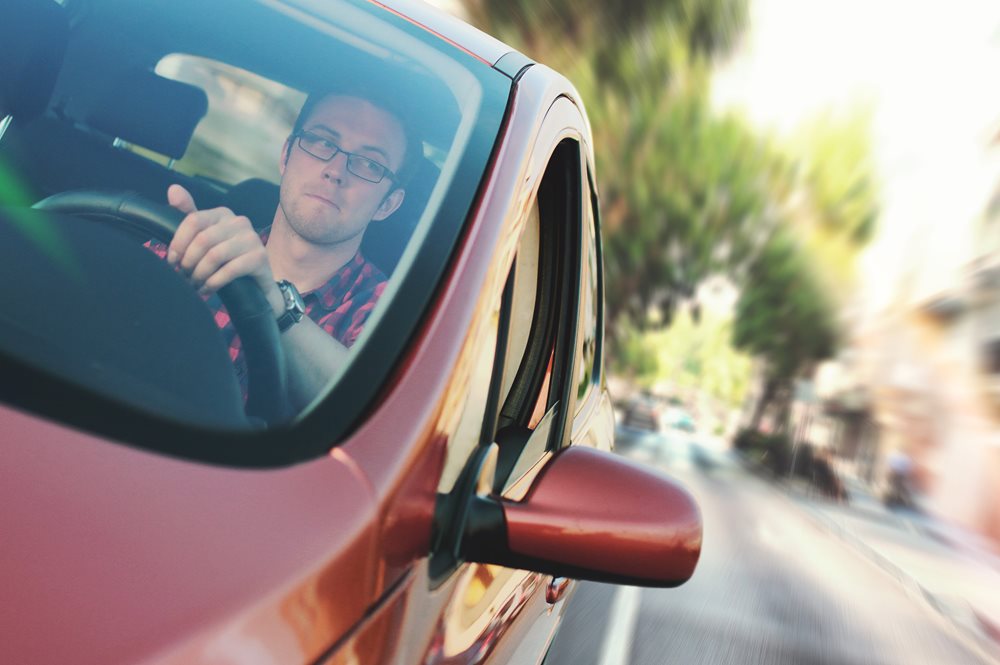Pennsylvania Ear Institute
Travel Tips for Hearing-Aids Wearers
 Traveling can be an exciting, and enjoyable experience. It can also be a stressful and exhausting experience, especially for an individual with hearing loss. If you have a hearing loss, here are a few tips to make traveling within the United States or traveling abroad a more enjoyable experience.
Traveling can be an exciting, and enjoyable experience. It can also be a stressful and exhausting experience, especially for an individual with hearing loss. If you have a hearing loss, here are a few tips to make traveling within the United States or traveling abroad a more enjoyable experience.
By Plane:
- When booking a flight, make sure you sign up to get alerts via text message or email directly on your phone. That way, when a gate changes suddenly, you do not end up waiting at the wrong gate and miss your flight.
- At the security checkpoint, it may be helpful to notify the TSA security officer that you have a hearing loss and are wearing hearing technology. You can use this form to discreetly notify the officer of your hearing loss so he/she can be aware of any issues that may occur during the airport security screening.
- Make sure you have your hearing technology in place. Remember, hearing aids and cochlear implants do not have to be removed before going through security scanners. However, the walk-through metal detectors may cause you to hear a distorted sound when walking through, so you may choose to turn down the volume on your device to reduce the sound.
- Pack all of your extra batteries, wax guards and any miscellaneous parts that you are normally responsible for replacing in your carry-on bag and not in your checked luggage.
- If you are traveling internationally, remember to bring an outlet converter and the correct plug for the country in which you are visiting.
- On the flight, the “turn off all electronic devices” announcement does not include your hearing aid or cochlear implants, even with wireless technology. You are safe to travel with your devices on, unless you use an additional FM assistive listening device, which should be turned off during the flight.
By Car:
- To make your trip more enjoyable, ask passengers to use an FM system that will deliver the conversation right to your ears. An FM system is similar to having a personal radio station; the speaker uses a microphone that transmits sound to a receiver, which can transfer sound to hearing aids. This way, you can take turns being the driver and still have your eyes on the road at all times.
- If you rely on lip-reading or sign/cue, extra-wide rear-view mirrors can also be installed in the car to make it easier to communicate with your back seat passengers.
By Bus, Train or Boat:
- Make sure you download or print all the detailed stop information or enlist the help of a nearby passenger to let you know when a certain stop comes. It may also help to ask a nearby passenger to inform you of any important safety announcements.
No matter where you are going, or what mode of transportation you are using, just remember, you have options. Do not let your hearing loss keep you from taking a safe and well-deserved vacation.